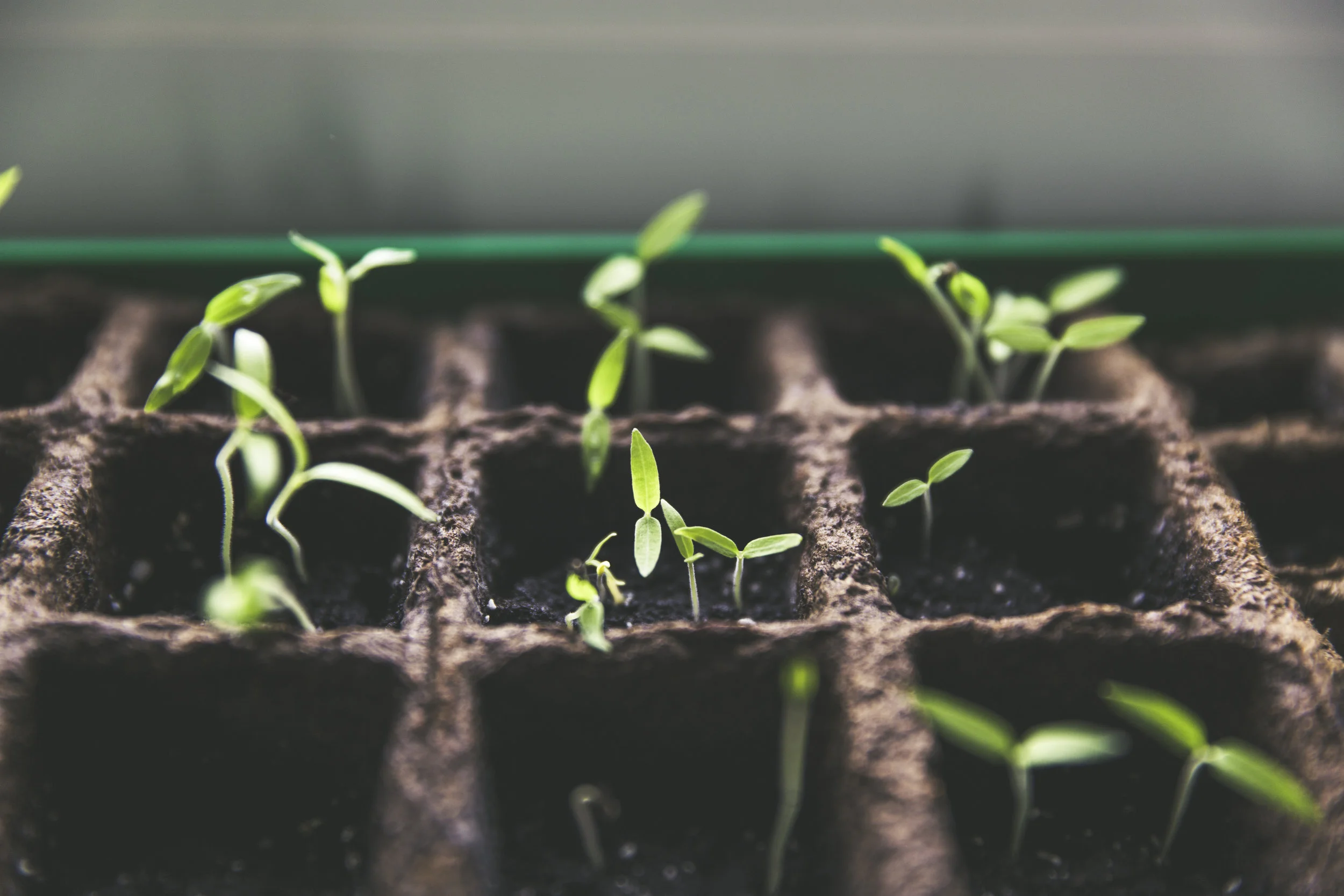Welcome to our final blog in our series on nutrition throughout pregnancy!
To wrap up our six part series, we have some highly recommended resources that are sure to pique your interest! Whether you’re a book lover, a movie lover, or are a tech-savvy mom, there are a ton of resources out there. We are excited to highlight some resources to help you feel confident in this journey.
Book Recommendations For Our Mommy Readers:
* What to Eat When You’re Pregnant: A Week-by-Week Guide to Support Your Health and Your Baby’s Development by Nicole Avena- recommended by Allison C.
This goes into greater detail about what to eat, when to eat it, and how much! It covers all of those essential nutrients you need during your pregnancy and the best ways to obtain them in your diet so that you can have a healthy and happy pregnancy.
https://www.amazon.com/What-Youre-Pregnant-Week-Week/dp/1607746794
* What to Expect When You’re Expecting by Murkoff and Mazel - recommended by Chris M.
Chances are you’ve probably already read this one, or at least heard of it (or maybe you’ve seen the comedic movie with Jennifer Lopez and Cameron Diaz!). This is a very realistic guide to help walk you through each step of the way and prepare for delivery.
https://www.amazon.com/What-Expect-When-Youre-Expecting/dp/0761187480
* The Bradley Way by Susan McCutcheon, and The Naturally Healthy Pregnancy by Shonda Parker - recommended by Hannah D.
The Bradley Way focuses on unmedicated childbirth (drug and surgery-free) and prepares you with the tools to navigate evidence-based care.
* The Naturally Healthy Pregnancy answers all of your questions about a natural diet and herbal medicine for your pregnancy. This book starts with God’s design for health and nutrition, which herbs are safe and which are dangerous during pregnancy, and how to alleviate nausea and discomfort with traditional medicine.
https://www.amazon.com/Naturally-Healthy-Pregnancy-Shonda-Parker/dp/1929125127
* Ina May’s Guide to Childbirth - recommended by Rachel D.
Ina May, one the nation’s leading midwives, shares the benefits and joys of natural childbirth with the female-centered Midwifery Model of Care. This resource is packed with inspiring birth stories, practical advice, and invaluable advice for a natural birth. This book is so highly recommended because it “aims to restore women’s faith in their own natural power to give birth with more ease, less pain, and less medical intervention.”
Our Recommendations:
* The First Forty Days: The Essential Art of Nourishing the New Mother by Heng Ou
In this book, the focus is on YOU! As we have mentioned in the last blog on postpartum and breastfeeding nutrition, the first forty days following birth are vital to recovery and rest. This book is helpful for helping you take loving care of yourself after birth, as well as a family member or friend during these first forty days.
* Real Food For Pregnancy: The Science and Wisdom of Optimal Prenatal Nutrition by Lily Nichols
This little book of gold contains incredible information on the how and why behind eating a diet that will benefit both you and your growing baby.
Website Recommendation For Our Tech-Savvy Mommies :
https://www.choosemyplate.gov/moms-pregnancy-breastfeeding
What’s amazing about this website is that you have direct access to medical recommendations about nutrition during pregnancy as well as the ability to create your own healthy diet plan through their MyPlate plan feature.
Apps include:
Wonder Weeks, Ovia Pregnancy Tracker, and Sprout Baby Tracker.
Documentaries For Our Movie-Loving Mommies:
The Business of Being Born
This documentary explores the ins and outs of America’s healthcare system through testimonies of hospital births. The findings of this documentary will compel you to advocate for the birth you want! We love this film because it helps women to understand why we do what we do at Behold Birth.
The focus of this documentary is the age-old debate of breastfeeding vs. infant formula. This film does a phenomenal job at offering a universal perspective to the commercialization and politics surrounding infant feeding. It follows women from different countries and provides an interesting insight to how we feed our babies around the world.
* this is free on Amazon prime- follow the title link to watch!
This film is so unique in how it follow the lives for four babies from across the globe through their first year of life.
* this is also free on their website- follow the title link to check it out!
Thank you for taking the time to read this blog series and we hope that you learned something new about pregnancy nutrition. Most importantly, we hope you feel encouraged and empowered to make diet decisions that promote a healthy and happy pregnancy! As always, we welcome any questions you may have, so don’t hesitate to contact us!
* If you are interested in nutrition counseling for pregnancy or just discussing any questions you have, I (Lauren) am currently offering a free consultation through Behold Birth, and would love to meet you and talk!
Warmly,
Lauren












